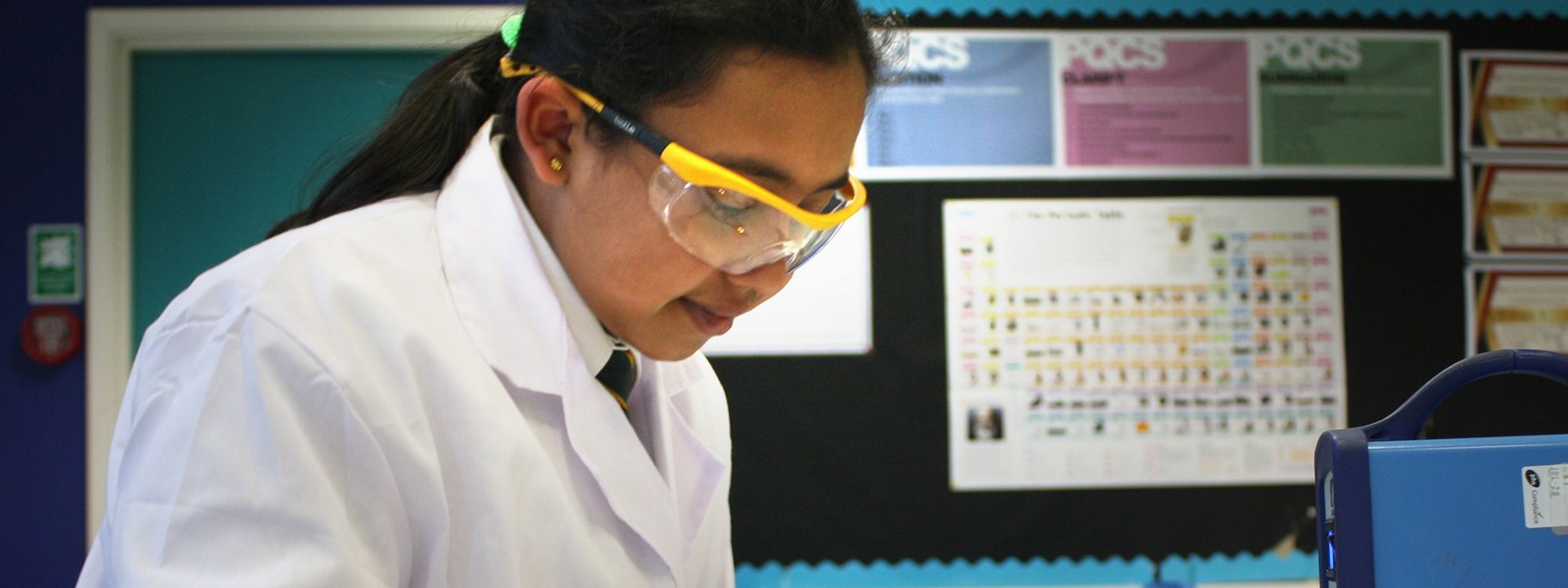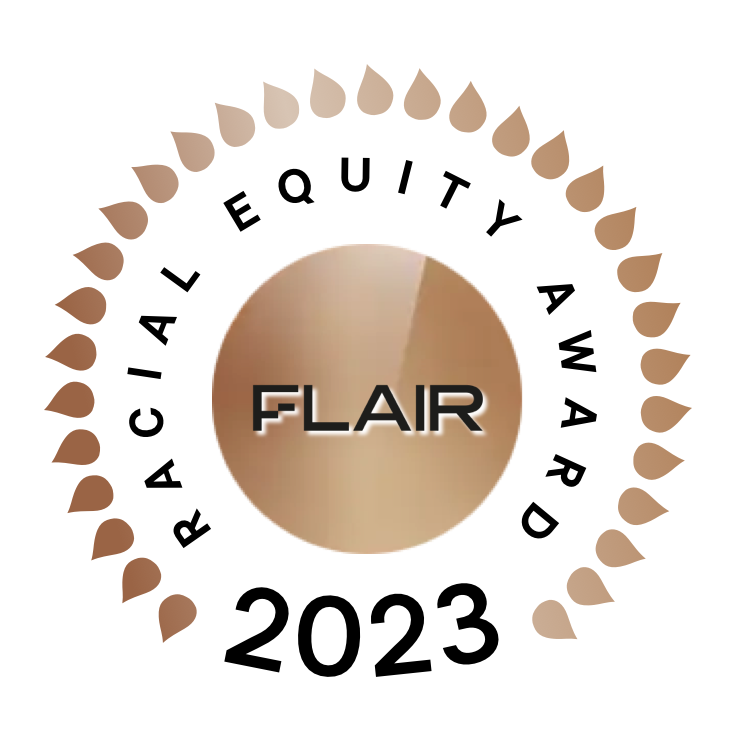- Home
- Curriculum
- Curriculum Overview
Curriculum Overview
LBTS Curriculum Intent
LBTS aims to “Educate, Empower, Excel”. We want our young people to excel in meaningful qualifications that will maximise their opportunities once they leave school, so our curriculum has ambitious intent. In addition, we ensure our curriculum is broad and balanced, with a variety of opportunities woven throughout, so students also develop as happy and confident citizens, who have a voice and can advocate for change where it is needed.
Some of the features of our school curriculum include:
-
A planned curriculum across all subjects that focuses on the core knowledge that students need to know and remember in the long term, as well as retrieval practice to help them revise these. Knowledge is also broken down into manageable chunks, helping students to form constellations of knowledge. In turn, this helps them master complex ideas, refine what they know and deepen their understanding.
-
A “no grades” approach to Teaching & Learning, enabling our teachers to move away from the narrative of learning to improve “grades”. Instead we want our students to develop a different mind set, which is focused on the love of learning and passion for mastery. We want our students to appreciate that the reason to learn is that learning is its own reward. Moreover, by taking the pressure off our students to perform and be judged, we can allow students to acquire new knowledge and skills simply because there are things to be learned and that is what we expect.
-
An emphasis on the Creative Arts, as well as developing practical vocational skills, such as in food, Computing and Design & Technology. Students in years 7 - 9 study these as part of their weekly timetable, as well as having an off timetable day each half term where they get to spend a whole day doing a “Creative Project”. On these days students study one subject only and complete a practical project, enabling them to do deepen their learning and get to grips with more complex practical learning of skills than might otherwise be afforded
-
A diverse and inclusive curriculum, where each subject ensures a range of voices and perspectives are represented. We consider the diversity of our student groups and carefully consider and explore intersectional aspects of identity, such as race combined with gender. We celebrate this aspect of our curriculum and further embed it during “Educate, Empower, Excel” Days.
-
A curriculum that builds character, personal development and promotes wellbeing, particularly through our “Life Lessons” curriculum. This is delivered both in fortnightly lessons and in curriculum “drop down” days each term. These provide students with an opportunity to understand and explore Citizenship and RSE / HE topics on a deeper level, as well as enable them to develop social and relationship skills that will support them throughout their lives. Participating in the programme also enables students to make a positive contribution to the school and the wider community.
-
An ambitious curriculum for all, including students with SEND. Our ambition for SEND is to develop independent learners, facilitated through universal high quality teaching in the classroom.
-
A curriculum that promotes a love of reading as well as develops students’ reading skills, in a planned and systematic way. Reading is part of ALL curriculum planning & 6 key reading strategies are used across all subjects (PREDICT, CLARIFY, SUMMARISE, VISUALISE, INFER, EVALUATE). In addition, students have a programme of Whole School Tutor Reading each week, in order to further develop these skills. In addition to this, Reading Skills mapped across Key Stage 3 in English, to ensure a sequential approach to reading.
-
A curriculum that removes SOCIO-ECONOMIC FACTORS as a barrier to success. As part of this, we provide all equipment necessary for learning, including stationary, calculators, revision guides, etc. All trips and visits are free of charge and food is always provided for these by the school.
In addition, students who do not have a personal laptop for their sole use (not a shared family computer) can get a laptop free of charge, as well as data where required. This enables students to do not only their Home Learning activities (which are online via Google Classroom) but also enables students to complete extra revision using school purchased programmes, such as SENECA, VOCAB EXPRESS and SPARX MATHS.
Curriculum Implementation -KEY STAGE 3 (Y7, 8 and 9)
At Key stage 3 All students follow the National Curriculum in:
-
Art
-
Citizenship, Relationships, Sex and Health Education (called LBTS5)
-
Computer Science
-
Design & Technology
-
English
-
Food & Nutrition
-
Geography
-
History
-
Maths
-
Music
-
Physical Education
-
Religious Studies
-
Science
-
Spanish
In addition to this, we run Literacy and Numeracy Intervention at Key Stage 3, where it is needed, to support students in better accessing the mainstream curriculum.
Our curriculum is further broadened through regular Drop Down Days, such as “Life Lessons” day”, “Creative Project Days”, “Educate Empower Excel” Days and “Cultural Day”. These further develop students’ knowledge and skills in creative subjects, Citizenship, Careers and RSE / HE. In addition, we run “HIP Week” during the summer term so that students can take part in interdisciplinary projects, in order to better see the cross curricular links between different subjects.
All students can also opt for individual or group instrumental lessons at no charge, as well as a variety of lunchtime and after school clubs.
Curriculum Implementation -KEY STAGE 4 (Y10 and 11)
At Key Stage 4 all students follow a common curriculum in:
-
GCSE English
-
GCSE English Literature
-
GCSE Mathematics
-
GCSE Combined Science (2 GCSEs) or GCSE separate sciences in Biology, Chemistry and Physics (3 GCSEs)
-
Citizenship, Relationships, Sex and Health Education (called LBTS5)
-
Physical Education
-
GCSE RE
In addition to these compulsory subjects students choose 4 options from the list below. We expect most of our students to follow an EBacc curriculum, so two of these options will usually be a Modern Foreign Language and either History or Geography.
-
GCSE Art
-
GCSE Computer Science
-
GCSE Drama
-
GCSE Food & Nutrition
-
GCSE Geography
-
GCSE History
-
GCSE Music
-
GCSE PE
-
GCSE Sociology
-
GCSE Spanish
-
BTEC Business
-
BTEC ICT
-
BTEC Music
-
BTEC Performing Arts
-
BTEC Sport
Students can also choose to study Arabic, Portuguese or French as an additional GCSE, if they are a native speaker.




